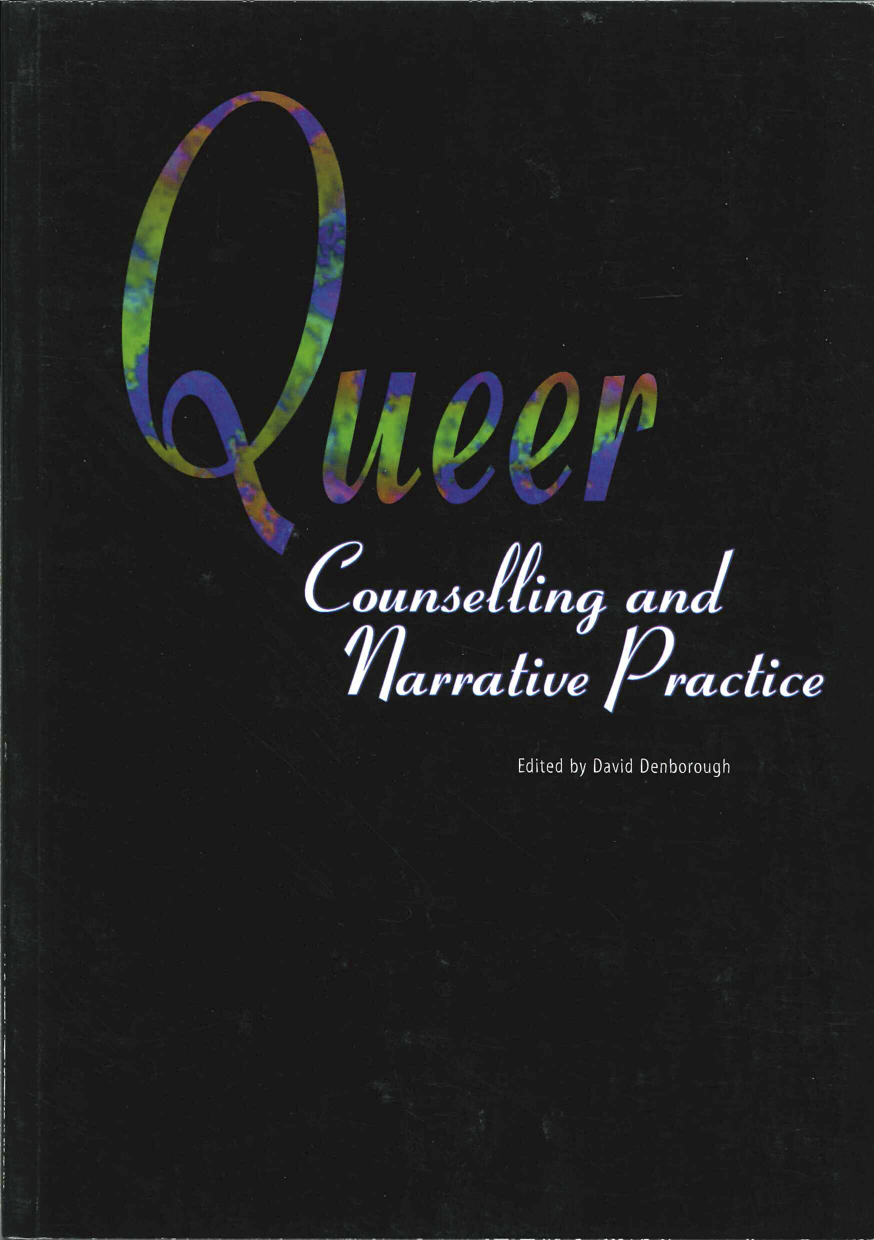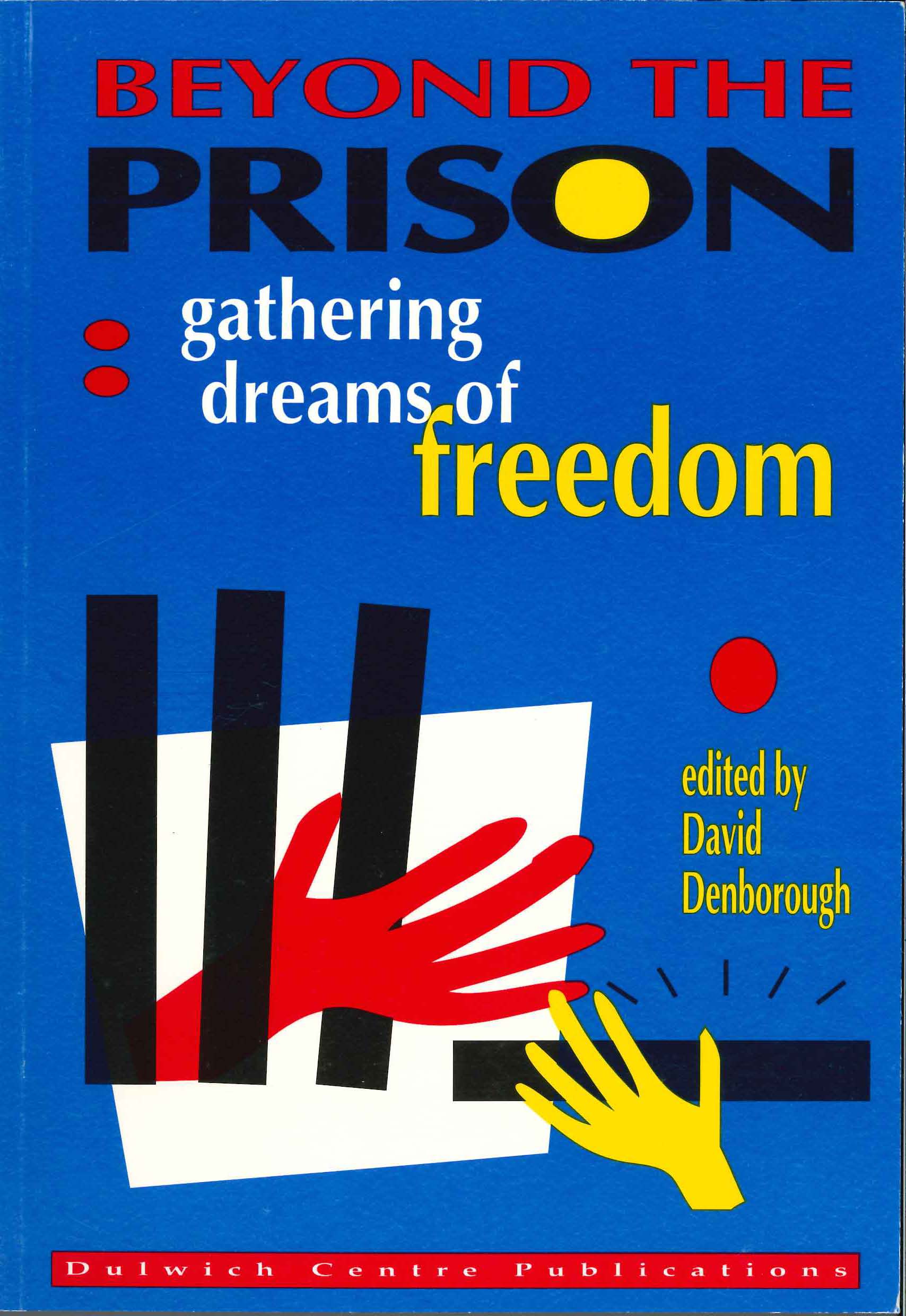
Kite of Life: From intergenerational conflict to intergenerational alliance — David Denborough
Intergenerational conflict brings with it significant challenges. And conflict can be especially complex in refugee and migrant communities, where old and young people alike have to negotiate the ways of the ‘old’ and ‘new’ countries. Sometimes, these challenges can lead to seemingly intractable and irresolvable differences. This publication introduces a new collective narrative methodology, the Kite of Life, which was developed during a project in St James Town, Canada’s most densely populated community.







